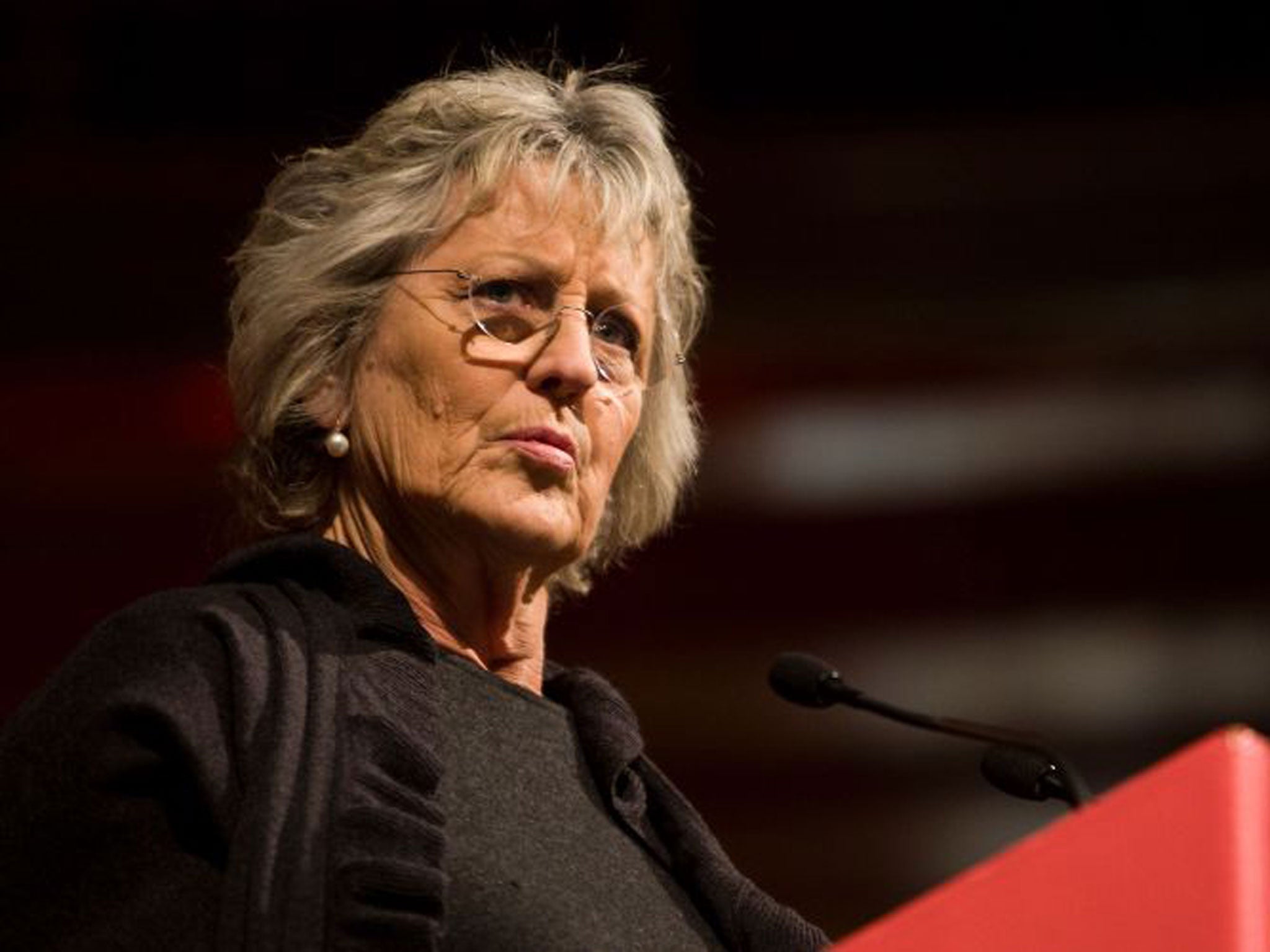Germaine Greer sells letters to Melbourne University for £1.8m
The feminist academic’s archive will provide rich vein of social history, if not gossip

Your support helps us to tell the story
From reproductive rights to climate change to Big Tech, The Independent is on the ground when the story is developing. Whether it's investigating the financials of Elon Musk's pro-Trump PAC or producing our latest documentary, 'The A Word', which shines a light on the American women fighting for reproductive rights, we know how important it is to parse out the facts from the messaging.
At such a critical moment in US history, we need reporters on the ground. Your donation allows us to keep sending journalists to speak to both sides of the story.
The Independent is trusted by Americans across the entire political spectrum. And unlike many other quality news outlets, we choose not to lock Americans out of our reporting and analysis with paywalls. We believe quality journalism should be available to everyone, paid for by those who can afford it.
Your support makes all the difference.Ever since The Female Eunuch made her a household name, Germaine Greer has been a polarising figure, her strident opinions inspiring thousands of people to put pen to paper. She kept all their letters – even those she consigned to a “nutters’ drawer”. Along with manuscripts, diaries and correspondence with some of the most illustrious personalities of the past half-century, they fill more than 150 filing cabinets.
The voluminous archive, chronicling the life of a formidably bright and unconventional woman, is now to be opened up to the public, after Professor Greer announced on Monday that she had sold it to the University of Melbourne for A$3m (£1.8m). Although she warned that they contained nothing to interest “gossip-mongers”, the papers are likely to be pored over by legions of researchers. The Australian-born author, academic and feminist, who studied in Melbourne in the 1950s before moving to Sydney and then Cambridge, plans to donate proceeds from the sale to a charity she has set up to rehabilitate the Australian rainforest. The university will ship the collection of documents next year from Professor Greer’s home in Essex, and will catalogue and digitise them.
The archive includes letters from family members, friends and lovers, as well as the likes of Federico Fellini, the film director, Benazir Bhutto and Indira Gandhi, one-time prime ministers of Pakistan and India, respectively, Clive James, the author and television personality, and Warren Beatty, the American actor and film director, and one of her conquests.
Currently in Australia to publicise her latest book, White Beech, about her environmental work, Professor Greer said that while she replied to most letters, some were filed with the words “no action” or “see nutters’ drawer” scrawled on them. The drawer, she said, was “pretty big”.
The university librarian, Philip Kent, said that the “large number of unsolicited letters from the public provide a rich vein of social history, documenting sexual, social and intellectual change, many of them personal accounts of how exposure to her ideas had changed their lives”.
The collection includes Professor Greer’s university essays and lecture notes, footage of her TV appearances in shows such as Kenny Everett’s Nice Time, and early drafts of her first book The Female Eunuch, which was published in 1970 and quickly became an international bestseller.
Speaking at the university’s Baillieu Library, she said that, as an adult, she had thrown away next to nothing. But at 74, she needed to “downsize” and “be more sensible”. She has described archives as “the pay dirt of history”, observing: “Everything else is opinion.”
The university’s vice-chancellor, Glyn Davis, hailed her as “one of the most influential thinkers of the 20th and early 21st century … [who has] made a formative contribution to feminist thought”. Forty years after The Female Eunuch, Professor Greer continues to provoke. After the flamboyant Australian conservationist Steve Irwin was killed by a stingray in 2006, she declared: “The animal world has finally taken its revenge.”
On Monday, she pronounced herself “greatly touched” that her drawers “full of rubbish” had found a permanent home in Melbourne. She added: “There’s not a lot in it [the collection] that the gossip-mongers will find useful. They may indeed discover that I am a much less interesting person than they thought I was.”
Join our commenting forum
Join thought-provoking conversations, follow other Independent readers and see their replies
Comments